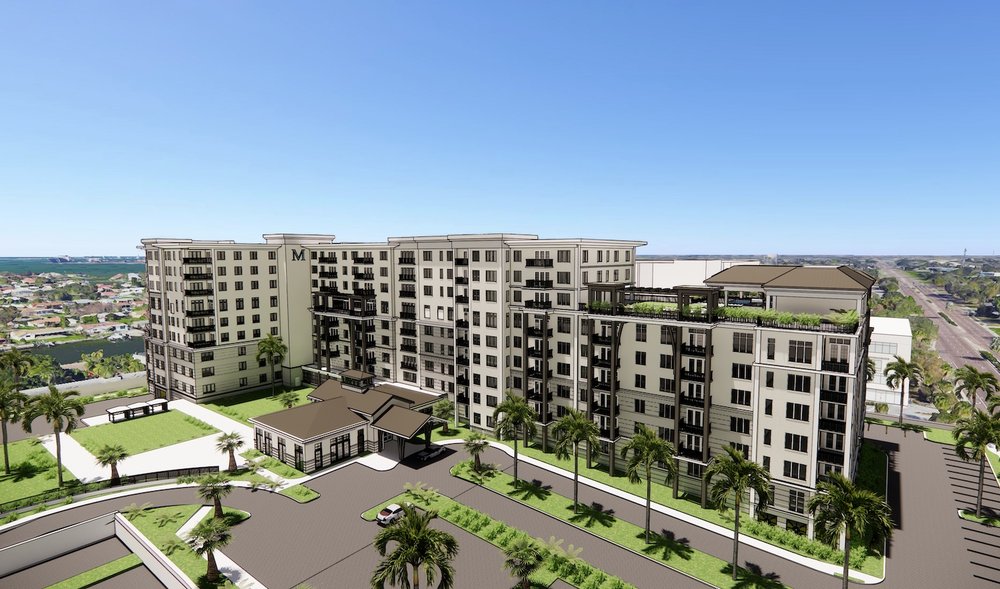Fire Safety Awareness: Preventing and Responding to Emergencies
by rcpmanagemedev, December, 15 2024

Fire safety education is crucial in living communities to prevent potential disasters. Residents should be aware of common fire hazards, such as unattended cooking, faulty electrical wiring, and the improper use of heating devices. Regular community workshops and informative sessions can help residents understand the importance of fire safety practices and how to implement them effectively in their homes.
Installing and Maintaining Smoke Alarms
Smoke alarms are a vital component of fire safety in any living community. They provide early warning in the event of a fire, allowing residents to evacuate promptly. It’s essential to install smoke alarms in every bedroom, outside each sleeping area, and on every level of the home. Regular maintenance, including monthly testing and battery replacement, ensures that these devices function correctly when needed.
Creating an Emergency Evacuation Plan
An emergency evacuation plan is essential for ensuring that all residents know how to safely exit their homes during a fire. The plan should include multiple escape routes, designated meeting points, and special considerations for individuals with disabilities or young children. Conducting regular fire drills helps familiarize residents with the evacuation procedures, increasing the likelihood of a safe and orderly evacuation during an actual emergency.
Proper Use of Fire Extinguishers
Fire extinguishers can be effective in controlling small fires before they escalate. Residents should be trained in the proper use of fire extinguishers, including when and how to use them. It’s important to have extinguishers readily accessible in key areas such as the kitchen, garage, and hallways. Regular inspections and maintenance ensure that fire extinguishers are always ready for use.
Building and Community Fire Safety Features
Living communities should incorporate fire safety features such as fire-resistant building materials, sprinkler systems, and clear signage for fire exits. Property managers should conduct regular inspections to ensure that these features are well-maintained and functional. Additionally, collaborating with local fire departments for safety audits and emergency response plans can enhance the overall safety of the community.
By prioritizing fire safety awareness and preparedness, living communities can significantly reduce the risk of fire-related emergencies and ensure the safety and well-being of their residents.